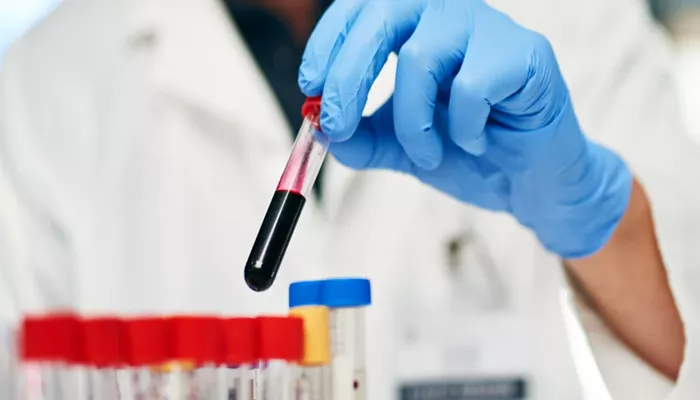A single dose of an experimental drug has shown the potential to dramatically reduce levels of a dangerous and elusive type of cholesterol, offering new hope for millions of people at high risk of heart disease.
The drug, lepodisiran, developed by Eli Lilly, has demonstrated remarkable effectiveness in a Phase 2 clinical trial, reducing lipoprotein(a) (Lp(a)) levels by nearly 94% at six months and maintaining an 88.5% reduction after a year. This discovery is a major advancement in cardiovascular medicine, as Lp(a) has long been considered untreatable with existing medications, lifestyle changes, or routine cholesterol-lowering drugs.
A Game-Changer in Cholesterol Treatment
Lp(a) is a stealthy form of cholesterol that contributes to serious cardiovascular conditions, including heart attacks and strokes. It is particularly dangerous because it remains undetectable in standard cholesterol tests and is unaffected by traditional treatments.
Dr. Steven Nissen, chief academic officer of the Heart, Vascular & Thoracic Institute at the Cleveland Clinic and lead researcher of the lepodisiran trial, emphasized the significance of these findings: “Lipoprotein(a) has been a major challenge in cardiovascular health, and until now, we had no effective way to lower it. This study marks a turning point.”
The trial, which included 320 participants, found that a second dose of lepodisiran at the six-month mark further improved results, with a 94.8% reduction in Lp(a) after one year. These promising outcomes suggest the potential for long-term management of this dangerous cholesterol type.
How the Drug Works
Lepodisiran employs an innovative mechanism known as messenger RNA (mRNA) interference. By targeting the mRNA responsible for Lp(a) production, the drug effectively halts the body’s ability to produce the harmful cholesterol, preventing it from contributing to artery blockages and blood clots.
Experts in the field are hailing the study as a major milestone. Dr. Eric Brandt, director of preventive cardiology at the University of Michigan Health Frankel Cardiovascular Center, who was not involved in the research, described the results as “remarkable” and suggested that such drugs have the potential to “nearly eliminate” Lp(a) from circulation.
A Silent Killer Finally in the Spotlight
Lipoprotein(a) poses a unique threat due to its triple-risk factor: it binds to LDL (“bad” cholesterol), accelerates artery-clogging inflammation, and increases the likelihood of blood clot formation. It is estimated that around 64 million adults in the U.S. alone have dangerously high Lp(a) levels, significantly elevating their risk of heart disease.
For individuals like Donald Kosec, 61, from Ohio, these advances in cholesterol treatment could be life-changing. Kosec, who was otherwise in good health, discovered his high Lp(a) levels only after experiencing severe arterial blockages that led to quintuple bypass surgery. He participated in a clinical trial for a similar drug, but unknowingly received a placebo. He now eagerly awaits the availability of an effective Lp(a)-lowering therapy.
“Right now, I’m managing my health as best as I can, but I’ll be much happier when I can get on a drug that actually improves my cholesterol levels,” Kosec said.
What’s Next?
With these groundbreaking results, lepodisiran moves closer to regulatory approval and potential widespread availability. The study findings were recently presented at the American College of Cardiology’s annual meeting in Chicago and published in The New England Journal of Medicine.
If further trials confirm these results, lepodisiran and similar drugs could soon offer millions of patients a powerful new tool in the fight against heart disease.
Related topics:
- Is Apob Testing A More Reliable Indicator Of Heart Disease Than Cholesterol?
- Men With Better Semen Quality May Live Longer, Study Finds
- How Too Much Protein Can Harm Your Hair—And How To Fix It


